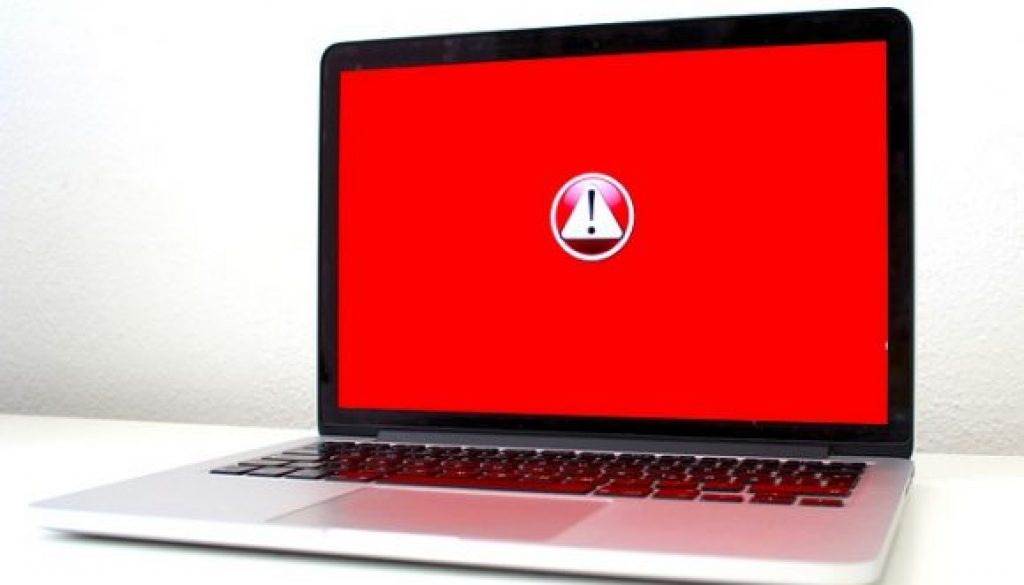Delete Your Internal Error Log
My website went offline for a couple hours yesterday, and after consulting with the people who have my back when this sort of thing happens, they determined that the error came about because I was dangerously close to maxing out the space on my hosting account. I thought “Well, when you’ve been blogging for more than two decades you’re bound stack up quite the archive of articles and images and other digital files on your server”, so I just figured I’d used up the space because I was so gosh-darn prolific.
They quickly corrected my error about my server error
While I was attributing the maxed-out memory usage to my collection of content, my support team gently broke it to me that the entire size of my sites was just over 9GB, but there was one specific file that was close to 8GB all on its own that was actually the memory hog.
The Error Log
At some point there most have been an issue on the website that required additional insight into the entire site process in order to solve, so the support person turned on a feature that logged any errors a user might encounter on my website. When the problem was resolved, they forgot to turn off the error logging tool and it just kept recording entries every time a user encountered a problem.
- Can’t find a page – log the error!
- Broken image link – log the error!
- Not a valid user of the site and trying a fake user name and password to access the site – log the error!
If you own a website you know just how many times evil robots from foreign companies try to break into your site. It happens dozens of time each day on my sites — but each time a login fails, it creates an error log entry. Multiply these attempts by days and weeks and years and you accumulate quite a large text file of error entries that finally affects the entire performance of your website.
 How long do you hold on to the errors you make?
How long do you hold on to the errors you make?
Are you hanging on to the drama and emotion and guilt that may be associated with every mistake you’ve made in your life? If so, you’re devoting valuable mental resources to maintaining a mental error log that doesn’t do you any good. You’re just generating useless mounds of useless facts that you have no need to go back and rehash.
Take the advice of my tech support team
Turn off the error tracking and delete the error log.
If you run into an issue in the future that requires more in-depth knowledge, you can always turn the error tracker for a short period of time to gather the information you need.
Just don’t forget to delete the file and turn off the tracking so you can reclaim your space and keep your mental faculties running quick and cool and clean.



